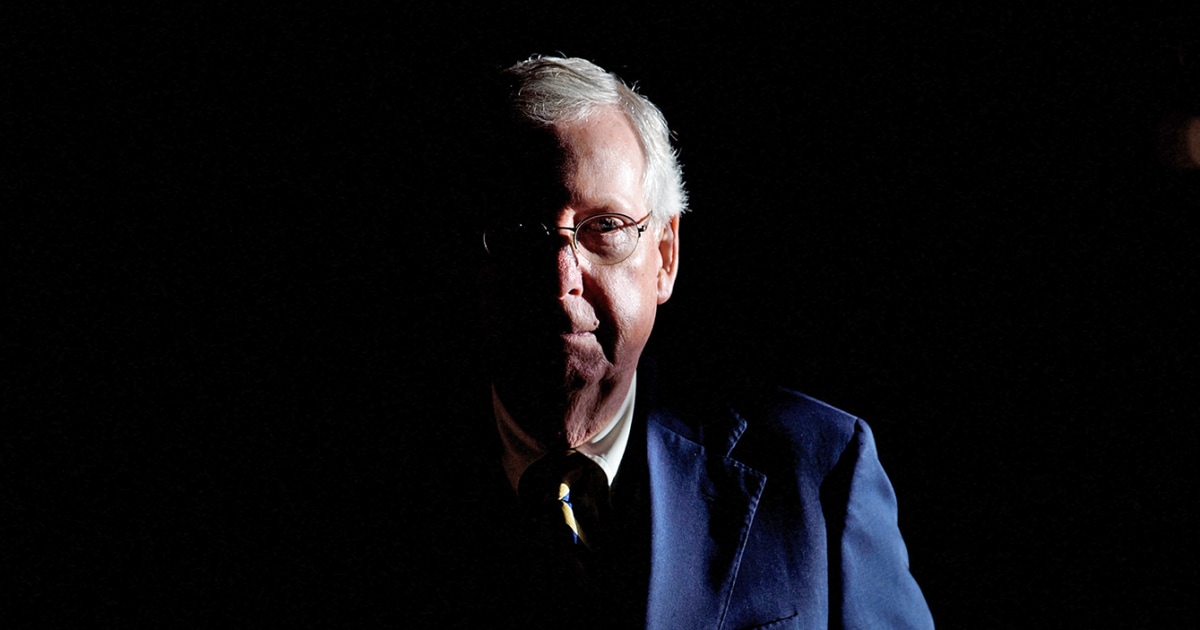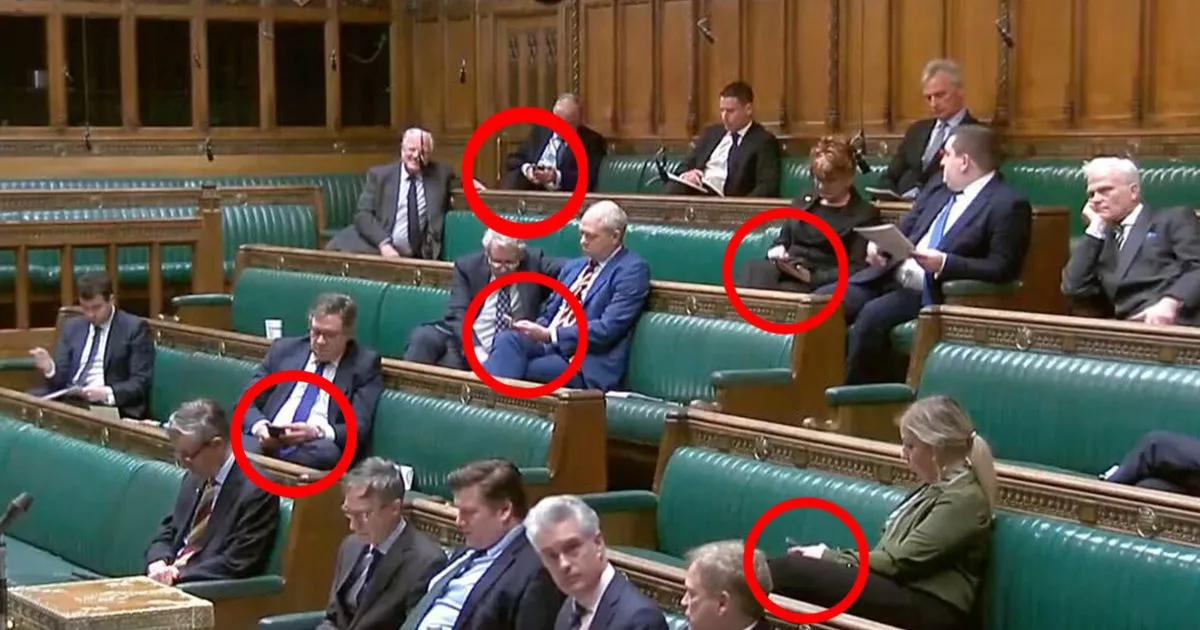Senate Minority Leader Mitch McConnell announced his decision to step down from his role as Republican Conference leader, marking the end of his tenure as the longest-serving leader in Senate history. The election to choose his successor will take place in November, with the new leader assuming office in January.
McConnell’s announcement came during a Senate floor speech, where he expressed clarity and peace about transitioning to the next phase of his life. President Joe Biden, despite political disagreements, commended McConnell for their ability to work together in good faith.
Throughout his leadership, McConnell played a significant role in shaping legislation, notably collaborating with former President Donald Trump to enact major policies such as tax reforms and confirming three conservative Supreme Court nominees. However, his influence within the Senate GOP has waned in recent years as the party becomes more aligned with Trump.
The race for McConnell’s successor is expected to begin promptly, with key figures like Senate Minority Whip John Thune, Sen. John Barrasso, and Sen. John Cornyn considered potential candidates. Thune, as the No. 2 GOP leader, is favored for the position, although his past clashes with Trump could impact his candidacy.
McConnell’s decision likely factors in health concerns, including a concussion sustained in 2021 and recent incidents of freezing during public appearances. He intends to complete his term as senator, which concludes in January 2026.
While McConnell’s supporters commend his recognition of the need for leadership transition, his conservative critics view his departure as an opportunity for new leadership. Sen. Josh Hawley, among others, expressed relief at McConnell’s decision and emphasized the importance of swift leadership changes.



